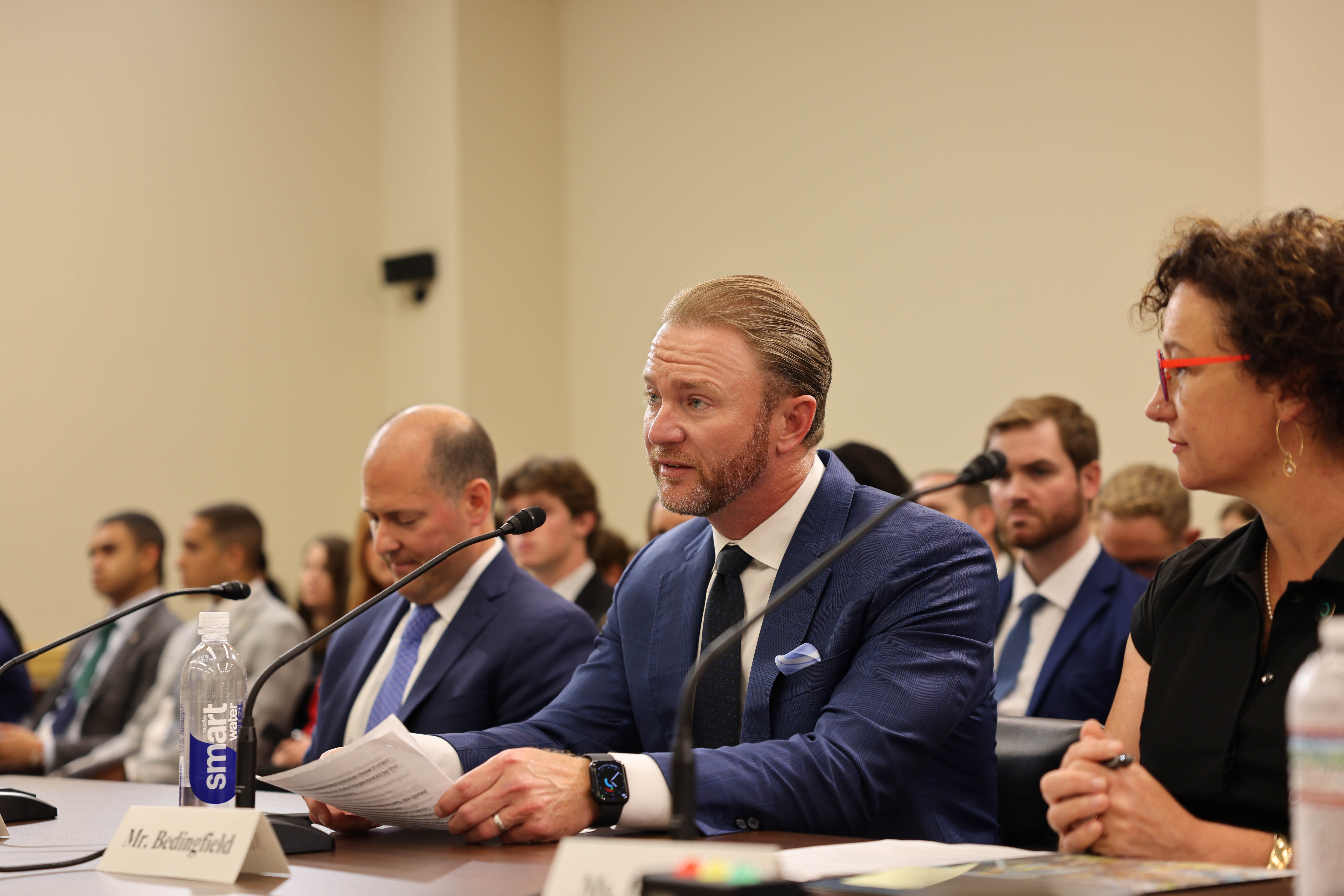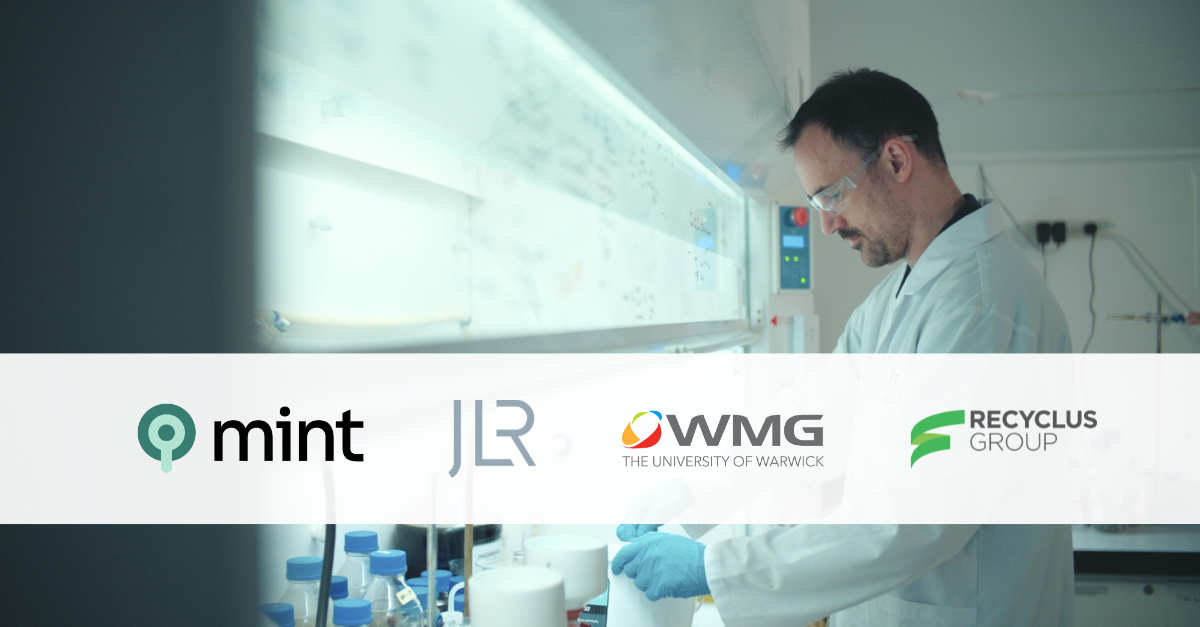Filter articles

Mint Innovation shares vision for scalable e-waste recovery at U.S. Congressional Hearing
August 8, 2025

Mint Innovation shares vision for scalable e-waste recovery at U.S. Congressional Hearing
August 8, 2025

From Auckland to America: Insights on bringing New Zealand innovation to the U.S.
June 6, 2025

From Auckland to America: Insights on bringing New Zealand innovation to the U.S.
June 6, 2025
.png)
Mint Innovation continues to build momentum in the U.S. with new executive hire
April 23, 2025
.png)
Mint Innovation continues to build momentum in the U.S. with new executive hire
April 23, 2025
.png)
Accelerating action in deeptech: Lynn Lisboa on Mint’s silver recovery technology
March 7, 2025
.png)
Accelerating action in deeptech: Lynn Lisboa on Mint’s silver recovery technology
March 7, 2025

From Auckland to America: Insights on bringing New Zealand innovation to the U.S.
June 6, 2025

From Auckland to America: Insights on bringing New Zealand innovation to the U.S.
June 6, 2025
.png)
Accelerating action in deeptech: Lynn Lisboa on Mint’s silver recovery technology
March 7, 2025
.png)
Accelerating action in deeptech: Lynn Lisboa on Mint’s silver recovery technology
March 7, 2025

Why 'green' copper is critical for modern technologies and a circular economy
February 10, 2025

Why 'green' copper is critical for modern technologies and a circular economy
February 10, 2025

Mint Innovation shares vision for scalable e-waste recovery at U.S. Congressional Hearing
August 8, 2025

Mint Innovation shares vision for scalable e-waste recovery at U.S. Congressional Hearing
August 8, 2025
.png)
Mint Innovation continues to build momentum in the U.S. with new executive hire
April 23, 2025
.png)
Mint Innovation continues to build momentum in the U.S. with new executive hire
April 23, 2025

Mint Innovation nominated for the 2025 Earthshot Prize
January 31, 2025

Mint Innovation nominated for the 2025 Earthshot Prize
January 31, 2025

Mint Innovation secures site for first US e-waste biotechnology facility
December 5, 2024

Mint Innovation secures site for first US e-waste biotechnology facility
December 5, 2024

Australian Government supports Mint Innovation with $4.2 million and other companies to reduce emissions and grow recycling
April 17, 2024

Australian Government supports Mint Innovation with $4.2 million and other companies to reduce emissions and grow recycling
April 17, 2024

Mint Innovation part of the Cleantech Group APAC 25 for 2021
April 17, 2024

Mint Innovation part of the Cleantech Group APAC 25 for 2021
April 17, 2024

Mint Innovation recognised as a Technology Pioneer by World Economic Forum
April 17, 2024

Mint Innovation recognised as a Technology Pioneer by World Economic Forum
April 17, 2024

RNZ's Jesse Mulligan interviews our CEO Dr. Will Barker
April 17, 2024

RNZ's Jesse Mulligan interviews our CEO Dr. Will Barker
April 17, 2024
Get E-wise

.jpg)
.jpeg)
.png)


